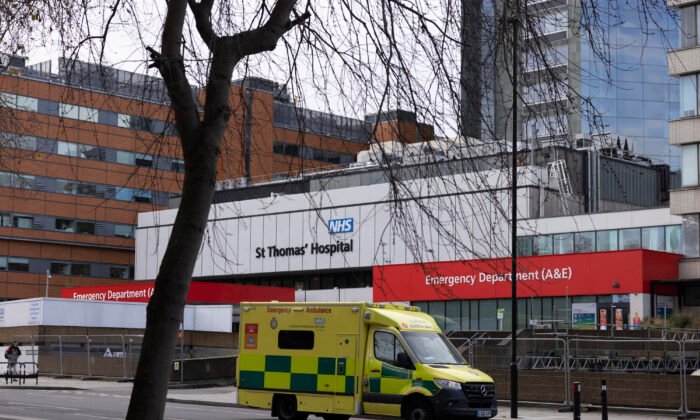Some hospital trusts across southeast London are still significantly impacted two months after the ransomware attack.
The NHS has reported that the cyberattack affected pathology services, leading to the postponement of 10,001 acute outpatient appointments at two major London hospital trusts.
Additionally, 1,680 elective procedures were postponed at King’s College Hospital NHS Foundation Trust and Guy’s and St. Thomas’ NHS Foundation Trust.
The June 3 ransomware attack on Synnovis severely impacted King’s and Guy’s and St. Thomas’ health service groups, resulting in delays in patient care.
Following the attack, hospitals struggled to match patients with correct blood types, leading to the postponement of operations and blood tests.
Despite the ongoing service impact, other pathology services have been assisting affected hospitals in ensuring critical blood tests are conducted.
The NHS has reported that over 60 core IT systems used in laboratories are being either rebuilt or are in the process of being rebuilt.
The health service is working to restore full blood transfusion services for early autumn and testing has begun to bring back pathology services used by primary and community care in south east London.
Several other trusts, including South London and Maudsley NHS Foundation Trust, Oxleas NHS Foundation Trust, Lewisham and Greenwich NHS Trust, and Bromley Healthcare, remain significantly impacted and are still dealing with the aftermath of the cyberattack.
Stolen Data Published Online
A ransomware attack involves hackers preventing users from accessing their data and threatening to make it public unless a ransom is paid.
Data stolen from Synnovis’s systems during the attack was found to be published online by cybercriminals, though investigations are ongoing to determine the extent of the information released and the impact on patients.
Synnovis is analyzing the data to understand the full scope of the breach and how it has affected patients.
NHS Impacted by Global Tech Outages
The NHS faced further challenges when a global IT outage occurred on July 19, disrupting GP services due to a defect in a Windows hosts content update from cybersecurity firm CrowdStrike.
The outage affected a wide range of businesses and service providers, including banks, airports, and media outlets.
Despite CrowdStrike issuing a fix, delays in GP services persisted as practices had to deal with a backlog of workload.
Pharmacies also experienced delays as they had to recover from increased demand when GP services resumed.
While the incident only affected a small percentage of Windows machines, the economic and societal impacts were widespread given the critical services that rely on CrowdStrike.
Source link



